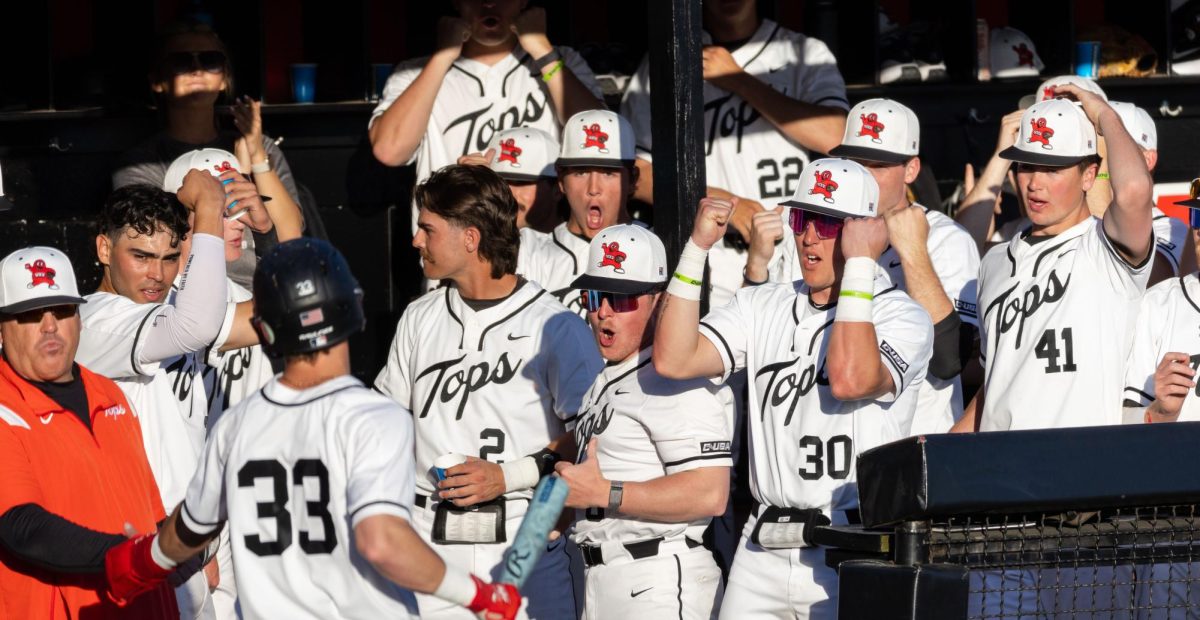Faculty, new VPs working together
May 6, 2011
Openness between faculty and administrators this year has paved the way for academic reform.
Gordon Emslie, provost and vice president for Academic Affairs, and Gordon Baylis, vice president for Research, paired with University Senate, have passed numerous actions.
President Gary Ransdell was quick to credit the senate for how it’s adapted to working with Emslie, who was hired last July.
“The manner in which the senate and the provost have teamed up and worked together — we now have policy manuals and practices committed to writing,” Ransdell said. “We’ve never had this level of sophistication before.”
Both Emslie and Baylis started work at WKU last summer.
The new administrative duo conducted a “listening tour” last November to evaluate academics.
On March 25, they presented their findings and suggestions to faculty and staff in an open forum.
Since then, the two have led a second forum which involved direct dialogue with faculty, who agreed to host more forums to continue an open line of communications.
“We have individuals in Academic Affairs and with Research who are trying to be responsive, and that’s how it should be,” Ransdell said.
Baylis said the most complex issue he was involved in centered around a policy about research-track faculty.
“I think it went extremely well, and what we ended up with was a policy that was actually a lot better than the one I had originally drafted,” Baylis said. “From my side of things, an open discussion with University Senate has been fantastic and very productive.”
Although Emslie was out of the office this week and unable to comment, Baylis said his impression is that Emslie is “equally happy.”
Among actions passed are reorganization of Academic Affairs and Research and reorganization of University College.
Kelly Madole, professor of psychology and chair of University Senate, said that although she has only been chair for a year, she has seen transparency between the senate and Academic Affairs.
“I think faculty have had a real opportunity to weigh in on a number of policy issues that (they) would have some concerns about,” Madole said.
She hopes faculty continue to have a voice in academic reform.
“I think that will increase interest in the process,” Madole said.
As chair for the senate next year, some of Madole’s goals include reviewing teaching evaluations, the faculty workload, academic quality issues and governmental structure.
“I hope that everybody agrees that this process works,” she said. “We will continue more of this in the future, where it’s a dialogue between Academic Affairs and faculty.”

















